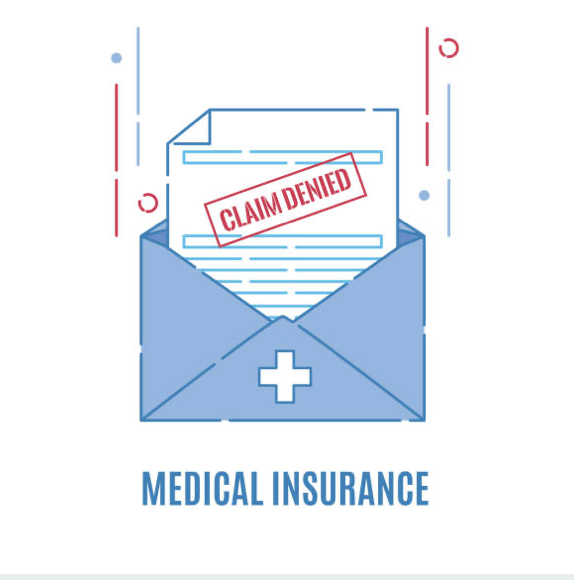|
Jim Brown Audio Player
Getting your Trinity Audio player ready...
|

Monday, December 16th, 2024
Baton Rouge, Louisiana
HEALTHCARE IN LOUISIANA AND THE U.S. A REAL MESS!
A vigilante killing takes place in New York City, and the shooter is called by some as a hero. The story of this murder has been covered nationally and internationally for over a week. Unfortunately, this tragedy has evolved into not the killing of a single individual, but a reflection of the major crisis that is directed at the healthcare industry in America today.
Healthcare companies are under assault, and for good reason. I dealt with any number of claims against healthcare companies during the time I served as Louisiana’s insurance commissioner throughout the 1990s. Back then, health insurance companies seldom rejected health related claims. And if a claim was rejected, my office rigorously investigated. United healthcare, the company that was headed up by the recent shooting victim Brian Thompson, only rejected 1.1% of filed claims 20 years ago. In a recent national survey, conducted by insurance consultant Premier, major companies like United healthcare are refusing to pay on average 15% or more of claims that are filed.
Under the Affordable Care Act (Obamacare) of 2010, the federal Department of Health and Human Resources is directed to study and monitor claim results of individual companies, and make this information public. But they don’t do it. The Kaiser Family Foundation reports that some insurance companies deny almost half of all claims. Which companies? You can’t find out. Under both Republican and Democratic administrations, there’s been a failure to follow the law, and the public is left in the dark.
If your healthcare claim is denied, you have the right to appeal. But consumers rarely do. It’s just too cumbersome. You spent hours on the telephone with the healthcare company, fill out numerous forms, have to make your doctor fill out copious correspondence, and the average claimant just gets bogged down in tons of paperwork. If you appeal, yes it makes a difference. Kaiser reports that 41% of claims that have initially been denied are reversed on appeal. What does this tell us? Way too many claims are being denied in the first place.
The bottom line is that there is too much coziness between federal agencies that are supposed to be monitoring healthcare results and the healthcare companies they are supposed to oversee. And you and I pay the price. Unfortunately, state regulators are not doing any better job. Insurance commissioners supposedly collect data of claims have been denied, but with only a couple of exceptions, these regulators do not make this information public. Connecticut and Vermont do, but Louisiana keeps it hidden.
Back in the 90s, I proposed and was successful in getting the legislature to pass laws that outlawed insurance companies from denying coverage because of pre-existing conditions. Louisiana was the first state in the country to do so, and other states quickly followed. In addition, I created a healthcare bureau of last resort. If a person was not qualified to receive healthcare coverage through Medicare or Medicaid, and could not afford buying it in the private sector, they could turn to the Department of Insurance program that created an agency of last resort. The insurance cost was a little higher than what the average citizen paid, but at least there was a program available to help those who could not find any health insurance.
Here’s what healthcare researcher, The Commonwealth Fund reports about the state of our healthcare in America today. “People in the United States experience the worst health outcomes overall of any high-income nation. Americans are more likely to die younger, and from avoidable causes, than residents of peer countries. The U.S. has the lowest life expectancy at birth, the highest death rates for avoidable or treatable conditions, the highest maternal and infant mortality, and among the highest suicide rates.”
Bottom line? Americans are being dramatically shortchanged in terms of the healthcare they are receiving, the quality of the healthcare, the skyrocketing cost of health insurance, and regulators who allow healthcare companies to deny legitimate claims. The system is a real mess. And it’s a nationwide problem. Here’s hoping President Trump and his healthcare secretary pick Robert Kennedy will put finding a way for affordable healthcare on their front burner agenda.
Peace and Justice
Jim Brown
Jim Brown’s syndicated column appears each week in numerous newspapers throughout the nation and on websites worldwide. You can read all his past columns and see continuing updates at http://www.jimbrownla.com.


